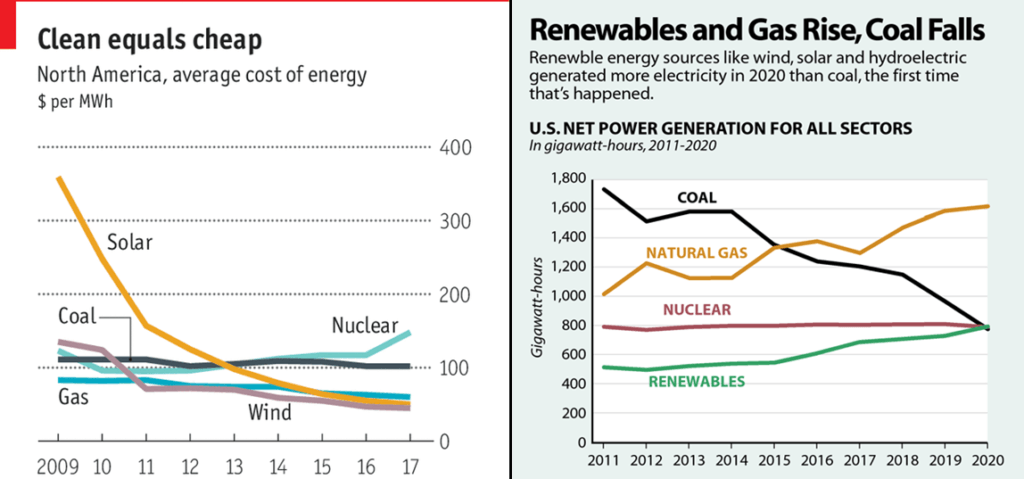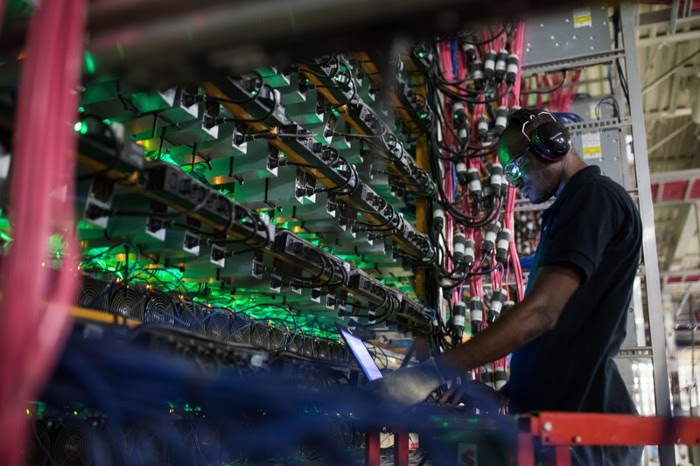It is no secret that Bitcoin mining consumes energy. Someone who knows nothing about Bitcoin can deduce this simply from the heat and noise emitted when standing next to a mining rig. Attacking Bitcoin’s electricity consumption from an environmental perspective has become a common theme for Bitcoin critics. But is this really an issue or is it just a misguided criticism?
How much energy?
Researchers disagree on the exact amount of energy that goes into Bitcoin, mining due to unaccounted-for private miners. But a general consensus suggests that around 121 terawatt-hours a year are spent on Bitcoin mining. When researching this number, you will likely find that Bitcoin’s energy use is equivalent to or more than a small country, like Argentina or Norway.
Only 30 countries consume more energy than Bitcoin. Nobody doubts Bitcoin uses significant amounts of energy but is its consumption really an environmental problem or just something critics like to blow out of proportion? After all, The issue doesn’t revolve around how much energy Bitcoin miners consume, but rather the source of that energy and if there is unnecessary usage.
It’s All About Perspective
From another perspective, there is a long list of far more damaging energy consumers than Bitcoin. Air conditioning accounts for roughly 10% of the world’s energy consumption, what experts call a “critical blind spot in today’s energy debate.”
If this was surprising to you, you may also be interested in learning that the U.S. military and gold mining consume more energy than Bitcoin. Furthermore, clothes dryers are also above Bitcoin mining consumption, and research shows, “80% of U.S. households have a clothes dryer.”
Failing to understand these statistics when participating in the Bitcoin debate begs the question if the critic is a true environmentalist or if they simply are biased against Bitcoin for some other reason.
“Virgin” Bitcoin
My recent podcast interview with Peter Wall from Argo Blockchain, one of the top Bitcoin miners in the world, offered some valuable insight into the energy debate. Just recently, Argo Blockchain announced the first green mining pool powered by sustainable clean energy. His company’s mining efforts are almost entirely hydroelectric, unlike other legacy miners that still rely on coal and natural gas. But what really caught my attention was the idea that “virgin” Bitcoin could increase in demand and eventually hold a premium. “Virgin” Bitcoin from an energy perspective is 100% green Bitcoin that was mined without a single negative environmental impact.
Considering the EPA’s (United States Environmental Protection Agency) growing presence and an abundance of federal regulations, it is likely that we could start to see an increase in the demand for “virgin” Bitcoin.
There’s More To The Debate
There is the hope that Bitcoin mining becomes less of an environmental concern, even if the opposite feels more likely. By the very nature of the Bitcoin network, the more miners competing to solve a block, the stronger the network becomes, but the more energy is consumed to run the system.
That being said, governments are cracking down on the methods, as seen with China banning crypto mining in inner Mongolia due to the poor energy practices in the region. Bitcoiners by nature strive for progress – reckless abandonment to secure the next block is not the norm, it is the exception.
Bitcoin Will Save The Planet
In a counterintuitive approach, Delphi Digital co-founder and head of research Medio Demarco wrote a recent post arguing that cryptocurrency mining could, in fact, help save the planet. The network, he explains, incentivizes cheap energy which now means clean energy.

Cost and generation of electricity over time. Source: Delphi Digital
Part of his reasoning revolves around miners using otherwise unused clean electricity, allowing clean energy farms to monetize 100% of their production rather than only a fraction of it. This in turn could be enough to fund new clean energy infrastructure. He argued:
“The impact that has on the bottom line can be the difference between funding new solar infrastructure right now or waiting until the economics improve.”
Good vs. Evil
My intentions are not to bury the mining debate, but rather view it from a utilitarian perspective that recognizes significantly more global good than evil from Bitcoin – a viewpoint I hope both sides of the controversy can stand behind.
Another important thing to take into account is that this debate revolves around blockchains that require Proof-of-Work, there are plenty of other blockchain networks that require very little energy consumption by comparison.
If you look at this side-by-side comparison of Bitcoin vs. gold, you will find that the two assets might be more similar than you may first imagine.


